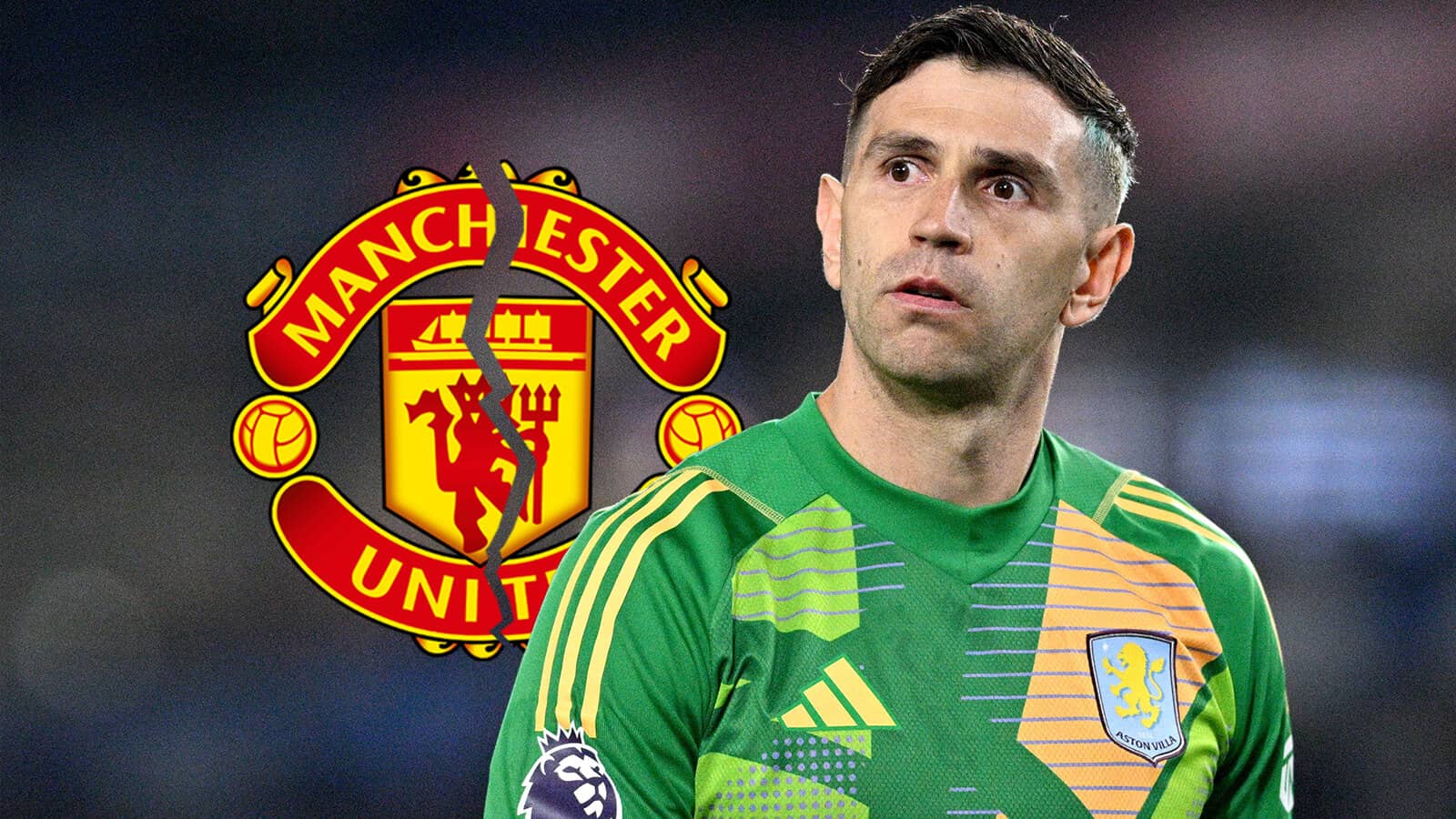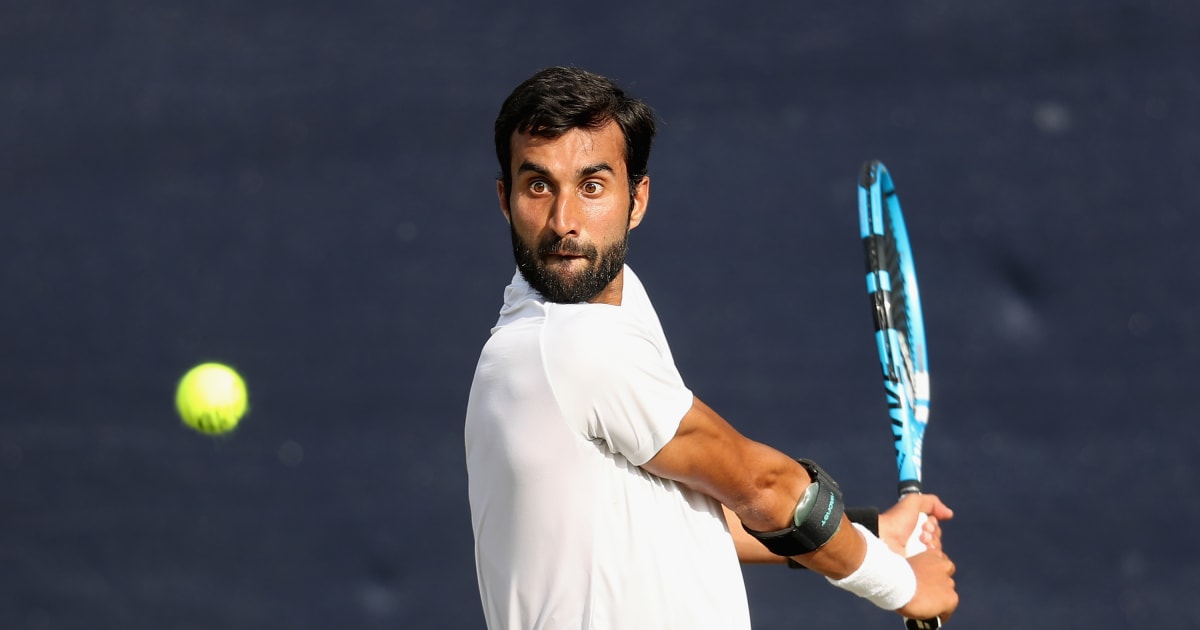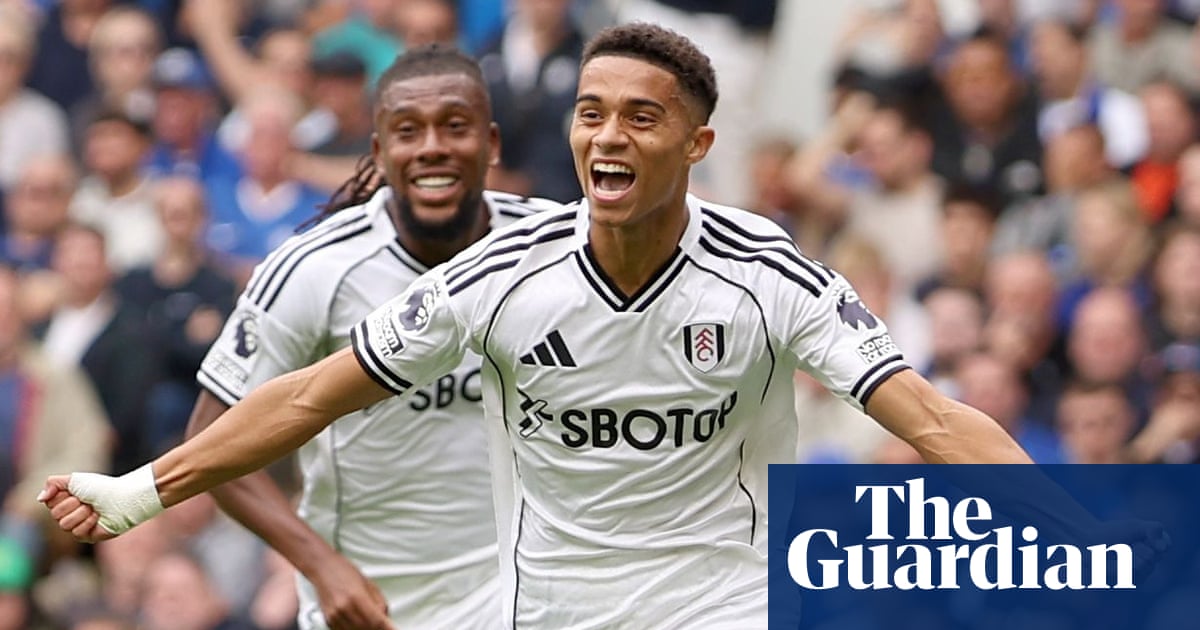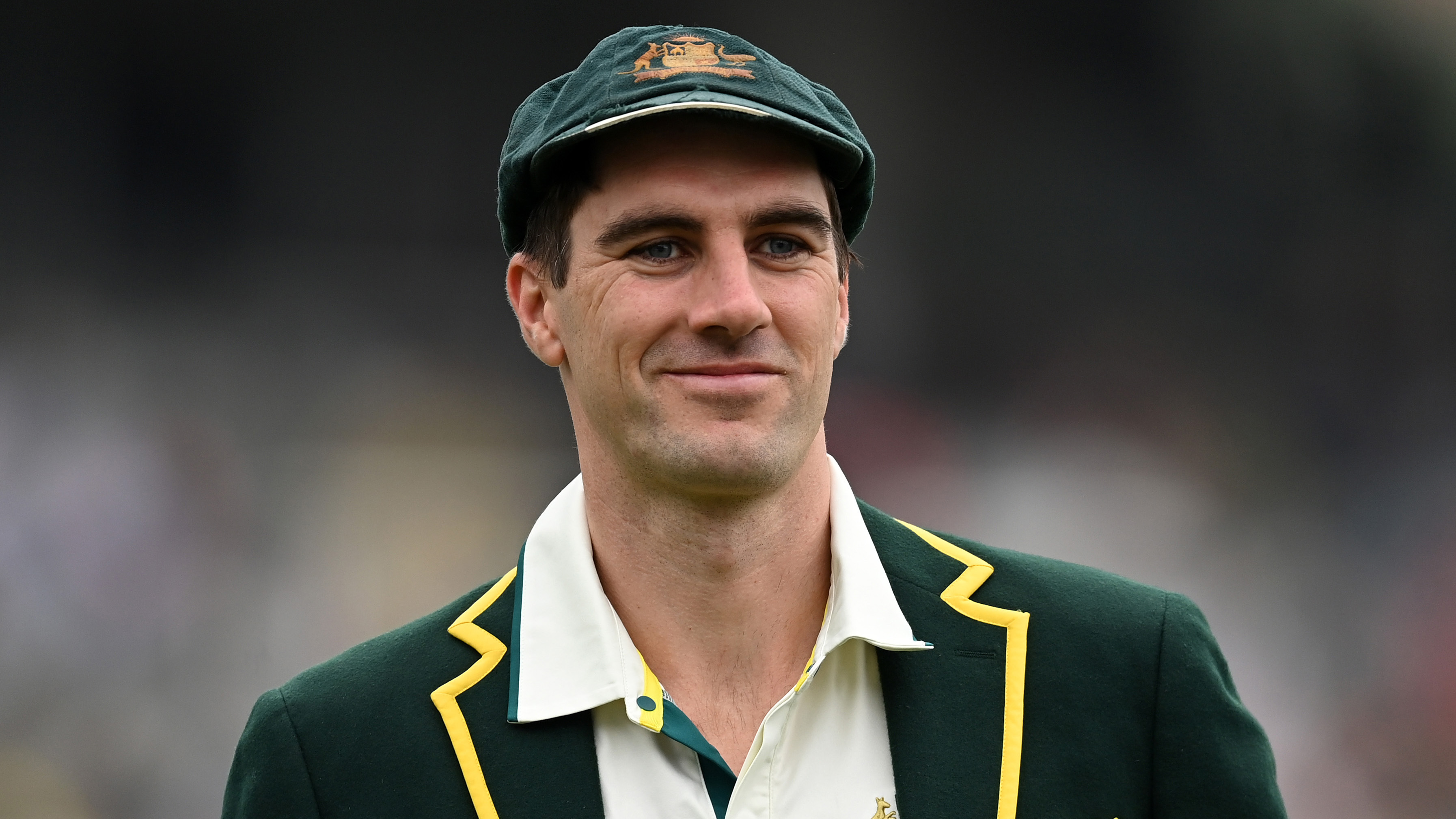Arsenal’s first transfer window with Andrea Berta: Ingenuity, connections and work ethic

After Arsenal’s 1-0 win at Manchester United, Andrea Berta made his way through the corridors of Old Trafford to the away dressing room.He joined the celebrations in typically unfussy style: handshakes, backslaps, a few quiet words of congratulations. He then stepped into the tunnel for a conversation with the new Italy manager Gennaro Gattuso. Wherever Arsenal go, Berta seems to know someone.AdvertisementHe is occasionally spotted around the first team. When not in the directors’ box or holed up in his London Colney office, Arsenal’s sporting director can be glimpsed at the side of the training pitch, watching the new signings settle.At the Emirates Stadium, he’ll appear pitchside to watch the final few minutes of a game. During Arsenal’s 5-0 win over Leeds United, he politely applauded Victor Gyokeres’ penalty from the tunnel. After matches, he is frequently a silent spectator as the squad go through their post-match warm-down.That is all most Arsenal fans see of the 53-year-old Italian. Since his arrival at the end of March, he has largely operated from the shadows.In an age of self-promotion, Berta is discreet. There are no social media profiles, no interviews laying out his grand plan. His only public pronouncements have been to confirm new signings or renewed contracts.Berta evidently prefers to let his business do the talking. It has done.On deadline day, Berta helped Arsenal tie up their eighth first-team signing. Piero Hincapie joined from Bayer Leverkusen, with a price tag that could eventually total €52million — plus a 10 per cent sell-on clause. He joins Eberechi Eze, Martin Zubimendi, Noni Madueke, Kepa Arrizabalaga, Cristhian Mosquera, Christian Norgaard and Viktor Gyokeres in a remarkable summer haul.Gyokeres is perhaps the centrepiece of Berta’s spending spree: his conviction about the 27-year-old Sweden striker helped persuade Mikel Arteta and others of his suitability. In a challenging market, Arsenal feel a deal worth an initial £55million represents good business.At the same time, Berta and Arsenal will feel frustrated at the club’s inability to sell unwanted players. This is a legacy issue at Arsenal, but one Berta has thus far been unable to resolve.AdvertisementThe Athletic spoke to people who have an understanding of Berta and how he works to assess his first summer as sporting director. They discussed the Italian on condition of anonymity to protect relationships.It is Berta’s capabilities as a dealmaker that have earned most praise at Arsenal. The signing of Hincapie provides a good example.Arsenal had to line it up with Jakub Kiwior’s departure for Porto. Hincapie would only be signed if Kiwior left — and Kiwior would only be permitted to leave if Hincapie was secured. At one stage, Arsenal hoped to simplify matters by offering Kiwior to Leverkusen, but they were not interested. So Arsenal carried out the two negotiations in parallel.The second challenge related to cash flow, and financial regulations. Having committed to around £250million this summer, Arsenal were keen to avoid paying out another €52million (£45m) for Hincapie in the same accounting period. But how to do that while providing Leverkusen with the assurances the deal would go through?A standard loan with obligation would see the deal appear in this year’s accounts, as the deal is guaranteed to go through. A loan with an option would knock the deal into next year’s accounts, but was never going to satisfy Leverkusen. Arsenal pulled off a loan with option for David Raya in 2023, but that was only possible due to strong relationships and trust from Brentford in Arsenal’s verbal commitment.Berta and Arsenal found a workaround: a loan in which both Arsenal and Leverkusen hold the option to trigger a permanent deal. If Arsenal fail to activate it, Leverkusen can do so, forcing a compulsory purchase. The only way a permanent deal doesn’t happen is in the unlikely event neither club want it. The same arrangement was made for Kiwior’s move to Porto.That kind of ingenuity is what has impressed Berta’s closest colleagues at Arsenal. He is prepared to be creative to help get a deal over the line. His contemporaries also marvel at his work ethic, the breadth of his connections and his efficiency.AdvertisementBerta’s guarded demeanour makes for a stark contrast to his predecessor, Edu. The Brazilian, who resigned from his post in November 2024 after five years in the job, is gregarious, outgoing and a natural spokesman. In Edu’s time, he and Arteta were joint figureheads for the club.Outwardly at least, the dynamic with Berta is different. The role of sporting director no longer appears to be particularly public-facing. On football matters, Arteta is Arsenal’s sole frontman.Berta with Gyokeres as the player signs for Arsenal (Stuart MacFarlane/Arsenal FC via Getty Images)There are other respects in which the position of sporting director appears to be evolving. Edu originally joined Arsenal as technical director in 2019. In November 2022, a structural reshuffle saw him ascend to become the club’s first sporting director — a role in which he assumed “over-arching responsibility for all Academy activities”, on top of his existing duties with the men’s and women’s teams.Berta is also titled ‘sporting director’ — but having been parachuted into the job in the spring, his role has had a narrow focus: men’s first-team transfers and contract renewals.With Arsenal on the precipice of a critical transfer window — one on which the club recognised both they and Berta would be judged — they opted to let him concentrate on his squad-building responsibilities.Arsenal have arguably reaped the benefits of that decision, embarking on an unprecedented summer of spending. Some have expressed surprise that Arsenal have, even if only temporarily, allowed the role of sporting director to be distilled to ‘transfer guru’ — but the hierarchy determined that is what the club needed.Berta’s influence can be seen across Arsenal’s recruitment. He was always wary of sanctioning a €25million move for Joan Garcia. When Garcia chose Barcelona instead, Berta was happy to pivot to Kepa and his £5m release clause.AdvertisementWhen it became apparent Thomas Partey would leave the club, Berta was insistent they needed an oven-ready, experienced replacement. That contributed to the decision to sign 31-year-old Norgaard from Brentford over the likes of Sevilla’s Lucien Agoume.Arsenal’s sporting director had watched 21-year-old centre-half Cristhian Mosquera at close hand during his time at Atletico Madrid. This is the kind of deal that excites him: a cut-price move for a player with significant promise and potential upside. This summer Arsenal have largely adopted a ‘win now’ approach, but Berta is advocating for the recruitment of more young players as potential investments.The wheels of the Madueke deal were greased by Berta’s good relationship with Ali Barat, who brokered the agreement between the two clubs.Perhaps one outlier is Zubimendi. The framework of this deal was agreed before Berta joined the club. Had he been in situ earlier, there were other candidates for the No 6 role he favoured.On Gyokeres, Berta got his man. That’s not to say it’s his signing — by the time Arsenal decided to progress with a deal, other key decision-makers were wholly on board — but it was Berta who banged the drum for Gyokeres most consistently.One trait that Berta’s collaborators praise is his clear valuations of players. That contributed to Arsenal’s reluctance to pursue a deal that could ultimately cost €84.5million for 21-year-old Benjamin Sesko. By comparison, Arsenal feel a maximum payout of €73.5million for a proven goalscorer with experience in English football is a good deal.On the Eze transfer, Berta and Arsenal were flexible. They had initially hoped to pay in the region of £50million, but with Kai Havertz injured and Spurs on the verge of sealing a deal, Arsenal went as far as £60million with a further £7.5million in potential add-ons. Sometimes, the needs of the team dictate that valuations can be bent.Berta with Eze and Arteta (David Price/Arsenal FC via Getty Images)These transfers have been the focus of Berta’s work since arriving at Arsenal. His detractors sometimes refer to him as a “club agent” — the inference being that he’s a dealmaker and little more.AdvertisementMore time is required to determine whether that criticism is fair. But even if it is, Arsenal may not see that as negative. At this phase of their journey, looking for the missing pieces to turn them from contenders to winners, a dealmaker is perhaps just what they needed.Berta’s black book of contacts and ability to execute brought new impetus to Arsenal. That he works closely with agents has helped Arsenal: the representatives of Gyokeres, Madueke and Hincapie all played crucial roles in helping to negotiate club-to-club agreements.Allowing Berta to focus on player trading and contract negotiations is only possible because of the infrastructure around him.Arsenal have Clare Wheatley as director of women’s football; Per Mertesacker as academy manager. Berta has relied on strong support from James King, Arsenal’s director of football operations. While Berta is framed as the master of the deal, it is sometimes King who does the legwork.Berta’s own team is still being reshaped. Jason Ayto, who had served as assistant sporting director to Edu before stepping up to become interim, left Arsenal in May.To replace him, Berta wanted former Juventus head of scouting and Granada director Matteo Tognozzi. Arsenal held talks with Tognozzi, but decided against the appointment.With Tognozzi out of the running, the club promoted James Ellis to become technical director. Ellis had previously been head of recruitment, and is well respected within the club.At a time of considerable change in Arsenal’s recruitment personnel and processes, Ellis’ promotion provides continuity. Aside from his first-team responsibilities, Ellis has been involved in recruitment for the women’s team and academy, including playing a key role in Arsenal’s Irish-record agreement to sign Victor Ozhianvuna, 16. Recruiting more elite teenage talent remains a focus.AdvertisementArsenal have a broad range of skill sets, and are happy to divide responsibility. If Berta has an affinity or chemistry with an agent or club, he will lead that negotiation — if King is better placed, he will take up the reins. Occasionally, executive vice-chair Tim Lewis will engage in talks at ownership level.With the window closed, Arsenal intend to attend to the wider remit of the sporting director role. Either Berta will take up more responsibilities, or the executive hierarchy will be reshaped so others inherit them.It’s anticipated that Berta will look to expand his team, with another significant recruitment appointment expected in the coming months.Berta’s key relationships have been with Lewis and Arteta. That trio have operated as a secretive silo to lead Arsenal’s business this summer. Lewis first met Berta in December as part of Arsenal’s search for a successor to Edu. He was immediately impressed with the Italian, and felt he could bring a fresh dynamic.Berta has a close relationship with executive vice-chair Tim Lewis (David Price/Arsenal FC via Getty Images)Arteta also met with Berta as part of the recruitment process. While he had always had good chemistry with Edu, he saw the Brazilian’s departure as an opportunity to add something new. Ultimately, Arteta’s full assessment of Berta will be determined by whether he gets him the players he needs.Arsenal did not secure all Arteta’s desired targets: the likes of Garcia, Dean Huijsen and Bryan Mbeumo eluded them. Nevertheless, the manager will doubtless be pleased by what Berta has accomplished. Arsenal have added depth. The unknown is how many of those signings will take the team forward.Throughout the appointment process, Arsenal were struck by how much Berta wanted to join, prioritising them over other clubs. In the final stages of the process, Berta dined with co-owner Josh Kroenke, who ultimately gave his approval on behalf of KSE.The move to Arsenal has not been without its challenges. It is a different culture, a different organisation — and all in a different language. At Atletico, Berta was one of several senior figures sharing recruitment responsibilities. The in-tray on his desk at Arsenal must have been daunting.AdvertisementArsenal has its idiosyncrasies. The contracts they negotiate with players are complex — there are other Premier League clubs who offer more straightforward terms. That can make negotiations protracted.Yet Berta ends the window having overseen a hugely impressive list of signings. As far as Arsenal go, it is a summer like no other.How much of that can be attributed to Berta is difficult to say. Arsenal have decided to go big. Their business indicates a club prepared to leave nothing to chance. They believe that in Arteta, they have a manager capable of winning the biggest prizes. In the likes of Bukayo Saka, Declan Rice and William Saliba, they have players of the highest calibre. This is the moment to capitalise, the moment to strike.Berta has undoubtedly been a beneficiary of that shift. But he has held up his end of the bargain, securing a number of deals at favourable prices.On the retention side, he has secured new contracts for Gabriel, Myles Lewis-Skelly and Ethan Nwaneri. The latter of those negotiations was at one stage delicate, but Berta was able to smooth things out and quickly get to an agreement.Negotiations with Saka and Saliba continue. These are the two major outstanding issues Berta inherited in April, and will surely be a focus in the coming weeks. Arsenal remain confident that those talks with reach a successful conclusion.Sales remain a sore spot. Although Berta showed a capacity to trade, offloading Kiwior to help fund Hincapie, Arsenal will be underwhelmed by their returns. The club hoped to find buyers for Karl Hein, Fabio Vieira, Oleksandr Zinchenko and Reiss Nelson, but had to settle for loans. Nelson and Vieira’s loans to Brentford and Hamburg include options for a permanent deal, but there is no guarantee those will be converted. Albert Sambi Lokonga did depart on a permanent deal, also to Hamburg, but Arsenal only received a nominal fee.Arsenal were dealt a slice of fortune with Zinchenko, who joined Nottingham Forest on loan after Forest’s move for Atletico Madrid full-back Javi Galan fell through. The Ukraine international was the subject of varying degrees of interest from several European clubs. Marseille pursued an agreement last week, and Arsenal were optimistic of a deal, but ultimately Zinchenko could not come to terms with either Arsenal or Marseille over his departure. This was frustrating for all parties.AdvertisementArsenal want to improve their revenues from player trading to ensure they can continue to invest substantially in the squad. It remains to be seen how this summer’s lavish expenditure, without significant revenue through player sales, will inhibit Arsenal in future windows.Berta has shown his capabilities in recruitment. If he can make Arsenal better sellers, it could have a transformational impact.Just a few months into life at Arsenal, Berta is swiftly established and made his presence felt.Arteta has been provided with the deepest Arsenal squad in a generation. Now it is over to the manager to deliver.(Illustration: Eamonn Dalton; Photos: Getty Images)









